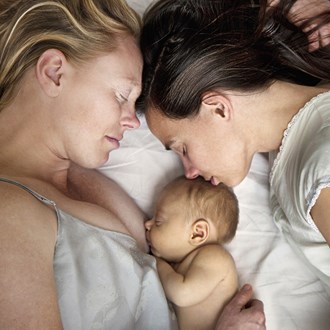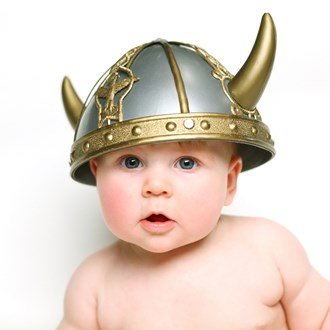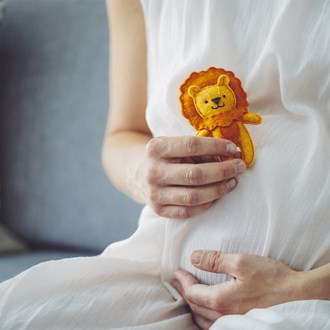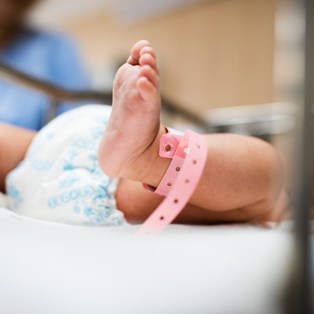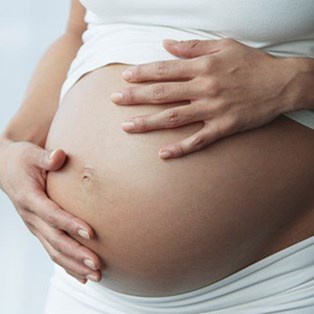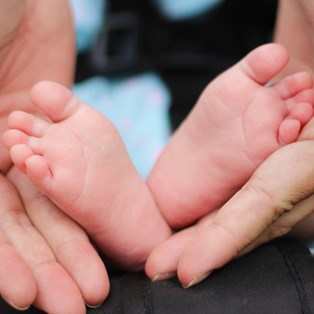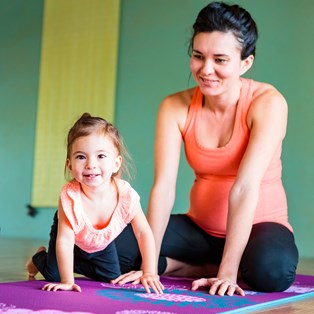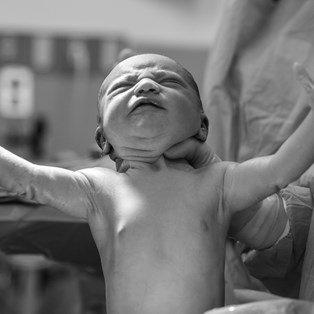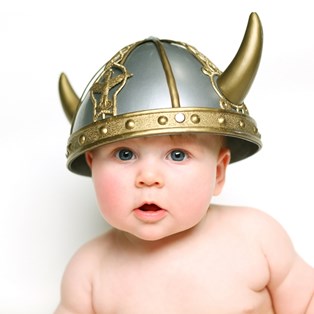Foods to avoid in first month of pregnancy: what not to eat
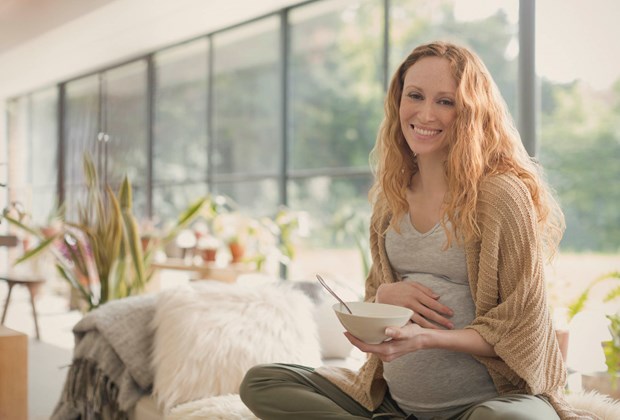
Your handy guide
By Alex Harmon
January 31 2019
As soon as you find out you’re pregnant, healthy eating should be high on your to-do list. Your diet should not only provide energy and nutrients, it should be nourishing and hygienic. There are a number of foods, some of which are extremely healthy, that you should avoid because they may contain bacteria, parasites or toxins that could harm your precious baby.
The first month is so important because this is when the placenta begins to develop, as will your baby’s heart, digestive system and neural tubes. Also, pregnancy weakens your immune system meaning you become more vulnerable to the germs that cause food poisoning.
Here is a Q&A of foods to avoid when pregnant:
Can you eat sushi when pregnant?
No. While would some say it is low risk, Food Standards Australia and New Zealand (FSANZ) recommends you cut out all raw or pre-prepared seafood, including those found in sushi. Uncooked fish is more likely to contain parasites and bacteria including listeria that can harm the foetus, increasing the risk of miscarriage.
Can you drink coffee while pregnant?
Yes. But some may need to cut down. Doctors say one cup of coffee, roughly 200 milligrams a day, will not do any harm. Anything more can put the baby at risk for lower birth weight and there are studies that indicate several cups a day during the first trimester pose a slightly higher risk of miscarriage.
Can you eat tuna when pregnant?
Yes. It’s recommended you eat two to three serves a week of tuna as a source of protein and essential omega-3 oils. Although pregnant women are told to avoid fish with high levels of mercury, Australian tuna is considered low risk.
Can you eat canned tuna while pregnant?
Yes. Canned tuna has an even lower level of mercury because it’s made from a younger species of fish.
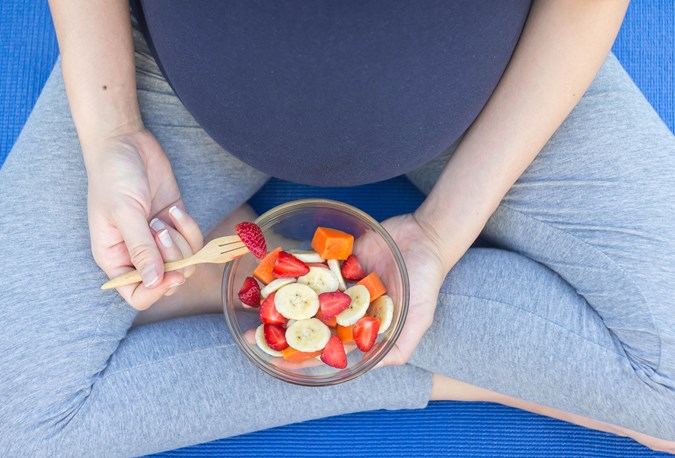
getty images
What fruits can you eat when you are pregnant?
It’s important you have a variety of fruits in your diet, at least 3 serves a day of fresh or canned fruit for extra vitamins, folate, fibre and minerals. However, pregnant women are told to avoid rockmelon as it’s been linked to salmonella food poisoning. Always wash fruits before eating.
Can you eat eggs when pregnant?
Yes. Eggs are a great source of protein and nutrients. However, raw eggs, runny yokes and undercooked eggs (including those found in homemade mayonnaise and aioli) should be avoided when pregnant, due to the risk of salmonella.
Can you eat chicken when pregnant?
Yes. As long as chicken is cooked thoroughly to at least 74°C and you eat it while it’s hot. Don’t eat cold cuts found in a sandwich bar or café.
Can you drink coke while pregnant?
Yes. A 250ml can of cola contains 35mg of caffeine so technically you can have up to five a day and you won’t exceed your 200mg limit. However, coke is laden with unnecessary sugar. And artificially sweetened beverages are no better, their consumption during pregnancy has been linked to weight gain in infants.
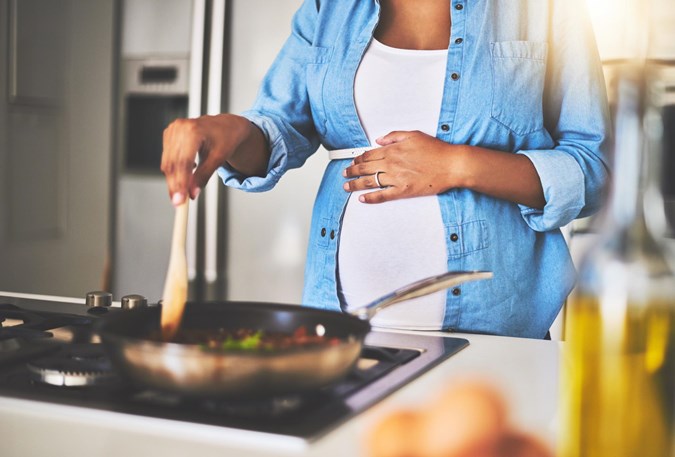
getty images
Is decaf coffee safe for pregnant women?
Yes. Decaf coffee differs from brand to brand but contains little or no caffeine. You’ll find the maximum strength would be 15mg caffeine per cup.
Can you eat cheese when pregnant?
Yes. You can eat hard cheeses such as cheddar, parmesan and stilton.
Can you eat cream cheese when pregnant?
Yes. Make sure it’s stored in the fridge and eat it within two days of opening the pack.
Can you eat feta cheese when pregnant?
No. Feta can contain listeria. If you do want to eat it, go for a cooked version on pizza or pasta. As long as the feta is cooked above 65˚C and served hot, you should be fine.
Can you eat ricotta cheese when pregnant?
No. It’s another soft cheese that could contain listeria. As above, you can eat it when cooked.
Can you eat cottage cheese when pregnant?
Yes. Go for pre-packaged cottage cheese straight from the fridge and eat within two days of eating. Avoid the cottage cheese you buy from the deli counter.
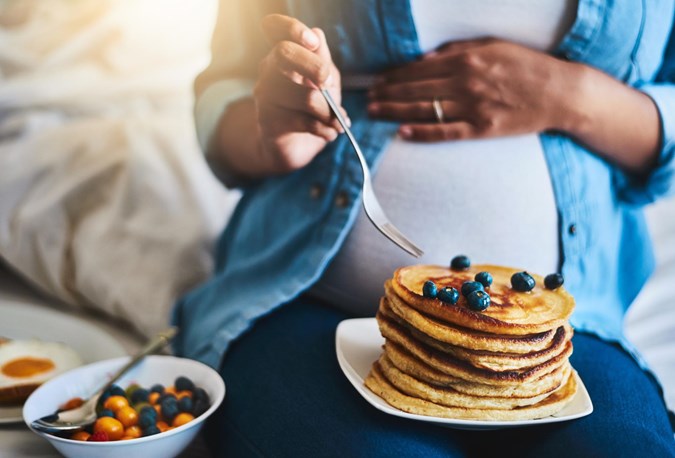
getty images
Can you eat goat’s cheese when pregnant?
No. Pay particular attention to chèvre goat's cheese because it's a soft, mould-ripened cheese.
Can you eat blue cheese when pregnant?
No. Blue-veined soft cheeses are the perfect environment for bacteria to breed.
Can you eat gouda cheese when pregnant?
Yes. It’s a hard cheese and the levels of listeria found in these are extremely low.
Can you eat pasteurized soft cheese when pregnant?
No. While all Australian cheeses are pasteurised (meaning they have been heat treated to kill any bacteria), you should avoid soft cheeses for the risk of listeria that can become present between pasteurisation and packaging.
Can you drink cow’s milk while pregnant?
Yes. Choose pasteurised milk and store it below 4˚C in the fridge.
Can you drink soy milk while pregnant?
Yes. Choose a calcium-rich soy milk.
Can you have milk powder while pregnant?
Yes. Once made up store the milk below 4˚C in the fridge and consume within two days.
Can you eat pâté while pregnant?
No. The meat-based varieties contain liver that has high levels of retinol (the animal-based form of vitamin A). Too much of this can cause birth defects.
Can you eat soft serve ice-cream while pregnant?
Sadly no. Fast food chains are generally safe but ice-cream vans may not have the same standards and listeria can begin to grow in the tubes that dispense the ice-cream.

